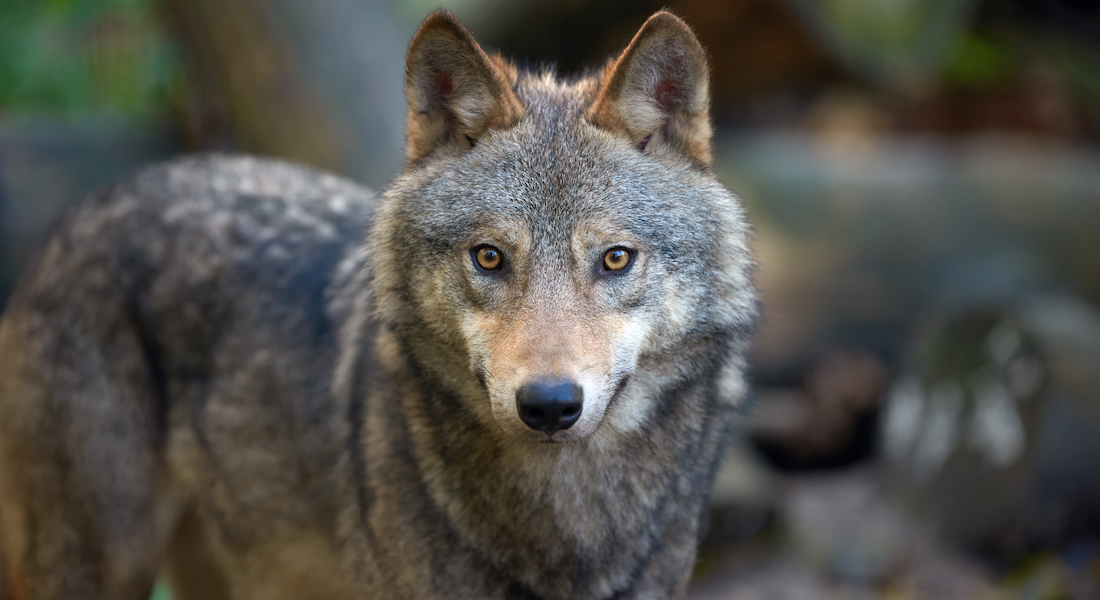Unravelling the Dynamics of Genetic Rescue in Endangered Wolves
Seeking to combat the alarming decline in global biodiversity and the threat of a Sixth Mass Extinction, postdoctoral researcher Claudia Fontsere Alemany from Center for Evolutionary Hologenomics has been awarded a Marie Skłodowska-Curie (MSCA) Postdoctoral Fellowship for an ambitious project focused on understanding the potential impacts of genetic rescue initiatives called ResQ.

Driven by the urgent need to mitigate the loss of genetic diversity in endangered species, Claudia aims to shed light on the dynamics of genetic rescue, by focusing on the interplay between genetic load and genetic diversity using the European grey wolf as a key model.
“Having received a MSCA postdoctoral fellowship represents a boost in my independent academic career and to develop my own conservation genomics research line. It will represent the opportunity to gain new scientific skills specifically regarding evolutionary modelling and forward simulations in the Population and Statistical Genetics Group led by Associate Professor Shyam Gopalakrishnan” says Claudia.
The European grey wolf in focus
The project focuses on the European grey wolf due to its unique recent demographic history. Having experienced a severe bottleneck followed by a remarkable recovery in the past few decades, these wolves present an ideal case study to explore the consequences of genetic rescue efforts. Claudia’s project will benefit from an unparalleled dataset encompassing over 1,000 wolf genomes sampled across Eurasia at multiple time points, including before and after the population decline and subsequent recovery.
Cutting-edge omics technologies
Employing cutting-edge technologies in population genomics, computational biology, palaeogenomic sequencing, and evolutionary modelling, the project aims to reconstruct the recent demographic history of the European grey wolf. By analysing migration patterns, adaptive potential, and demographic parameters, the research seeks to provide a predictive modelling tool capable of guiding conservation management strategies for wolves and other endangered populations.
“Currently there is limited knowledge on the factors that mediate a successful genetic rescue event and this impairs the application of genetic rescue as a tool to recover decimated populations in real-world conservation actions. This grant will represent the perfect opportunity to explore and model the conditions and factors that play a key role in these events and maybe in the future this can be applied to inform conservation plans of endangered species.” Claudia adds.
Hope for endangered species
Thanks to the prestigious MSCA Postdoctoral Fellowship, Claudia’s results are expected to provide critical guidance for conservation efforts not only for wolves but also for other threatened species facing similar genetic challenges.
As biodiversity loss continues to escalate, this innovative research brings hope for the future of endangered species. By unravelling the complex interactions between genetic rescue, genetic diversity, and population demography, the project aims to lay the groundwork for more effective and informed conservation strategies that can safeguard our planet's ecosystems.
